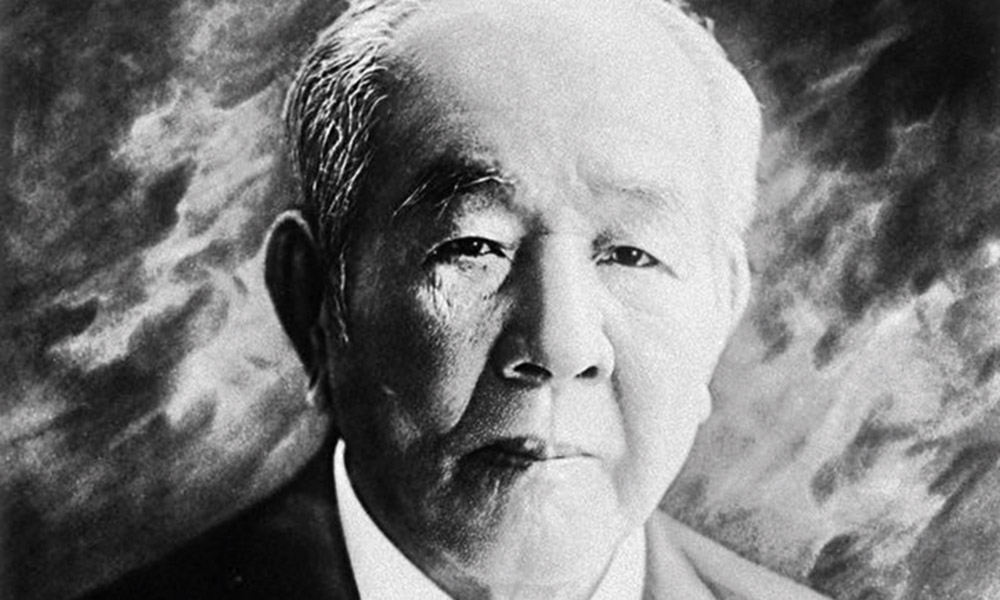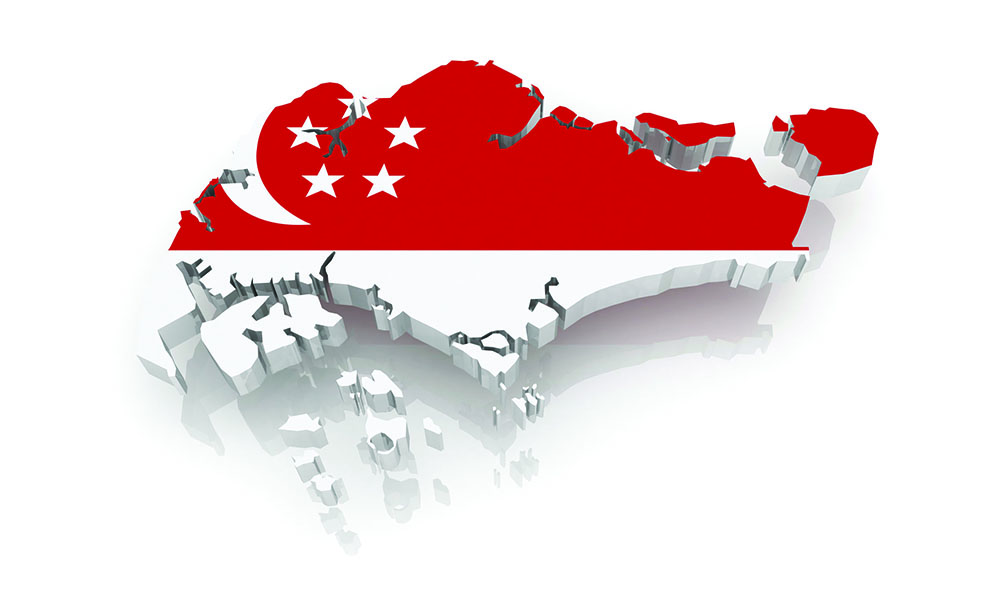By Liu Ru
Continued from Part 1: The father of Japan’s capitalist economy is Shibusawa Eiichi ( 1840 – 1931 ), a highly respected Japanese industrialist. Guided by his study of Confucius’ Analects, Shibusawa brought Western capitalism to Japan, but with a core emphasis on morality and business ethics.
Shibusawa consolidated his life experience and ideas in his book, The Analects and the Abacus, which guided the development of Japan’s various business fields. Through studying his book, we can gain much insight into how Confucianism created the foundation of the modern Japanese economy.
Upholding Ethical Standards: The Spirit of Japan’s Economy
If a businessman goes against morality and cheats, acts vainly and frivolously, and seeks ill-gotten gains, he is only playing petty games; he cannot be a true business genius.
Shibusawa Eiichi, the ‘father of Japan’s capitalist economy’
Japanese products are often synonymous with quality, integrity and value – think of companies like Mitsubishi, Toyota, Canon, and Sony. Globally, Japanese brands are characterised by their emphasis on ethics and honourable business, which give rise to products of assured quality.
The Chinese have a saying, “A person’s character is reflected in his writing style.” In other words, a person’s ethical standards will impact the things he produces.
Can a dishonest person or business generate high-quality products? Most likely not. Moreover, if only a minority of people possessed such ethical standards, could Japan have such a widespread ethical business culture? Definitely not. Japan’s reputation in good business ethics and quality products could only have been attained if the majority of corporations and businessmen followed core moral values.
In addition to integrity and product quality, Japanese corporations and businessmen typically engage in corporate philanthropy, as they share the widespread belief that giving back to society is their honourable duty. These include private donations to social services, education, and public healthcare.
A Surprisingly Modern Phenomenon
Have Japanese businessmen always maintained such ethical standards throughout history? The truth is, this phenomenon is a modern one. Japanese businessmen in ancient times were much more profit-driven and less ethical and charitable.
According to Shibusawa Eiichi, before the Meiji Restoration in 1868, businessmen had a lower reputation than farmers and workers. Beyond basic writing and calculation, businessmen received little, if any, education in Confucian classics and values. At the time, such education was reserved only for the nobility.
As a result, businessmen were not taught the concepts of collective good and giving back to society, nor the importance of upholding moral values in business.
If one is well-versed in the Analects and carefully studies its content, one will enlighten to much wisdom on life.” Shibusawa Eiichi, the ‘father of Japan’s capitalist economy’
Shibusawa Eiichi, the ‘father of Japan’s capitalist economy’
In his book, The Analects and the Abacus, Shibusawa wanted to change the situation and raise the societal status of businessmen. He believed that only by improving their morals would businessmen become true talents and earn society’s respect.
Shibusawa believed that businessmen need not be seen as corrupt and unscrupulous – as long as they followed the teachings of Confucius’ Analects and conduct their business with benevolence and righteousness, they could also become noble and honourable people.
As such, Shibusawa introduced the concept of uniting “business acumen with the samurai spirit”. The samurai spirit, or bushido, was the strict code of honour observed by samurai, which encompassed Confucian morality, Buddhist serenity and stoicism, and Shinto patriotism.
When conducting ourselves in society, we must possess the samurai spirit (bushido). Shibusawa Eiichi, the ‘father of Japan’s capitalist economy
Shibusawa Eiichi, the ‘father of Japan’s capitalist economy’
Shibusawa also brought to the business community the Confucian ideal, “In times of success, one should benefit the world.” As such, Japan’s business community developed the collective value of “serving the country and its people” by practicing corporate philanthropy.
‘Business Acumen With the Samurai Spirit’
For centuries, Confucius’ teachings were the heart of ancient Chinese education, and influenced all domains of ancient Chinese society, from governance to commerce.

The samurai spirit, or bushido, was the strict code of honour observed by samurai, which encompassed Confucian morality, Buddhist serenity and stoicism, and Shinto patriotism.
Shibusawa spent his life studying Confucian classics, particularly the Analects of Confucius, a collection of sayings and ideas by Confucius and his contemporaries. He believed that one could gain much wisdom in life from Confucius’ teachings.
“Japan must learn from ancient Chinese culture and knowledge, and cultivate its own spiritual civilisation,” he wrote in the Abacus. “Ancient Chinese culture and scholarship was deep and profound, with a vast number of literary works that could fill the sea. But its very core was the Analects of Confucius.”
Inspired by the ancient Japanese concept of “enhancing the Japanese spirit with Chinese knowledge”, Shibusawa conceived the idea of uniting “business acumen with the samurai spirit”.
“When conducting ourselves in society, we must possess the samurai spirit (bushido),” he wrote in the Abacus. “But with only the samurai spirit and no business acumen, one cannot become financially independent, and as such will easily meet with failure.
“Therefore, business acumen and the samurai spirit must go hand-in-hand. With regard to cultivating the samurai spirit, one can draw references from various books. [But] I believe that the key to cultivating the samurai spirit lies in Confucius’ Analects.
“As for business acumen, it can also be cultivated from [studying] the Analects. Some may think that a book that teaches morality is unrelated to business acumen. But the business acumen we refer to was originally founded on morality. If a businessman goes against morality and cheats, acts vainly and frivolously, and seeks ill-gotten gains, he is only playing petty games; he cannot be a true business genius.”
















